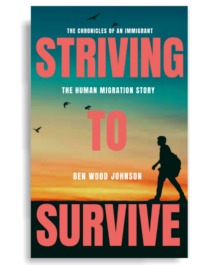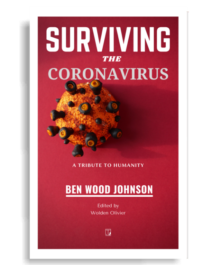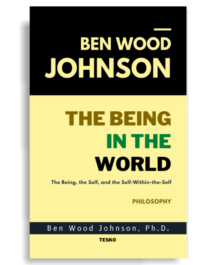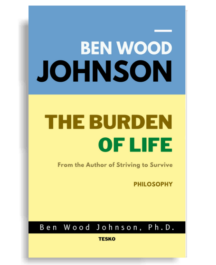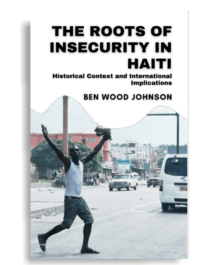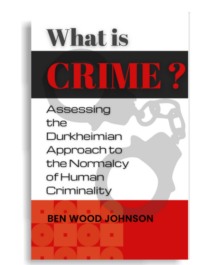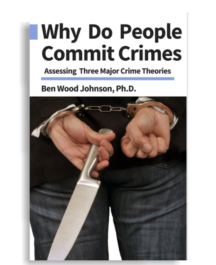Showing 28–34 of 34 results
The Being in the World
$ 12.95To be in this world is to exist by fate and not by faith. Men must manifest a presence that is far beyond a mere charnel state. The man must be in the world in both the flesh and the mind. The philosophy of human existence can be unnecessarily complex. As a species, men often find it hard to survive on this rock called earth.
The Roots of Insecurity in Haiti
$ 12.98The book “The Roots of Insecurity in Haiti” offers a critical examination of the nation’s persistent struggles with social chaos and political anarchy. It explores how internal conflicts and political strife have led to a state of violence, with rampant organized crime and weakened law enforcement.
What is Crime
$ 4.98In “What is Crime: Assessing the Durkheimian Approach to the Normalcy of Human Criminality,” readers embark on an intellectual journey through the complex landscape of criminology. The book critically examines historical and contemporary perspectives on crime, challenging traditional views that see it as an intrinsic evil or a byproduct of environmental factors.
Why Do People Commit Crimes
$ 4.99This book examines three dominant crime theories (Biological theory of crime, Neighborhoods and crime, and Moral panic). The biological theory of crime posits that criminals are born, not made. The concept of neighborhoods and crime theory claims that where one lives determines likelihood of criminality.

